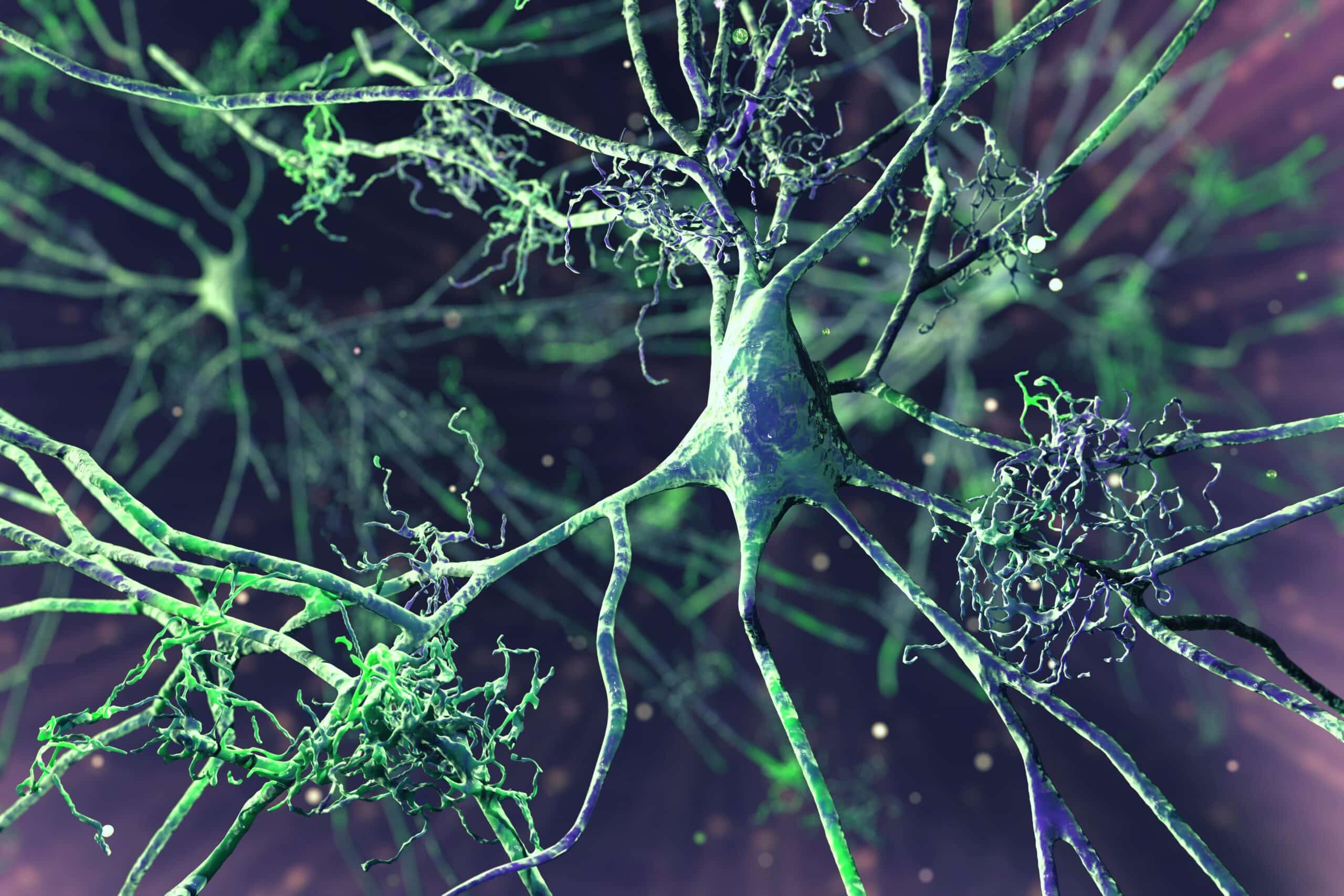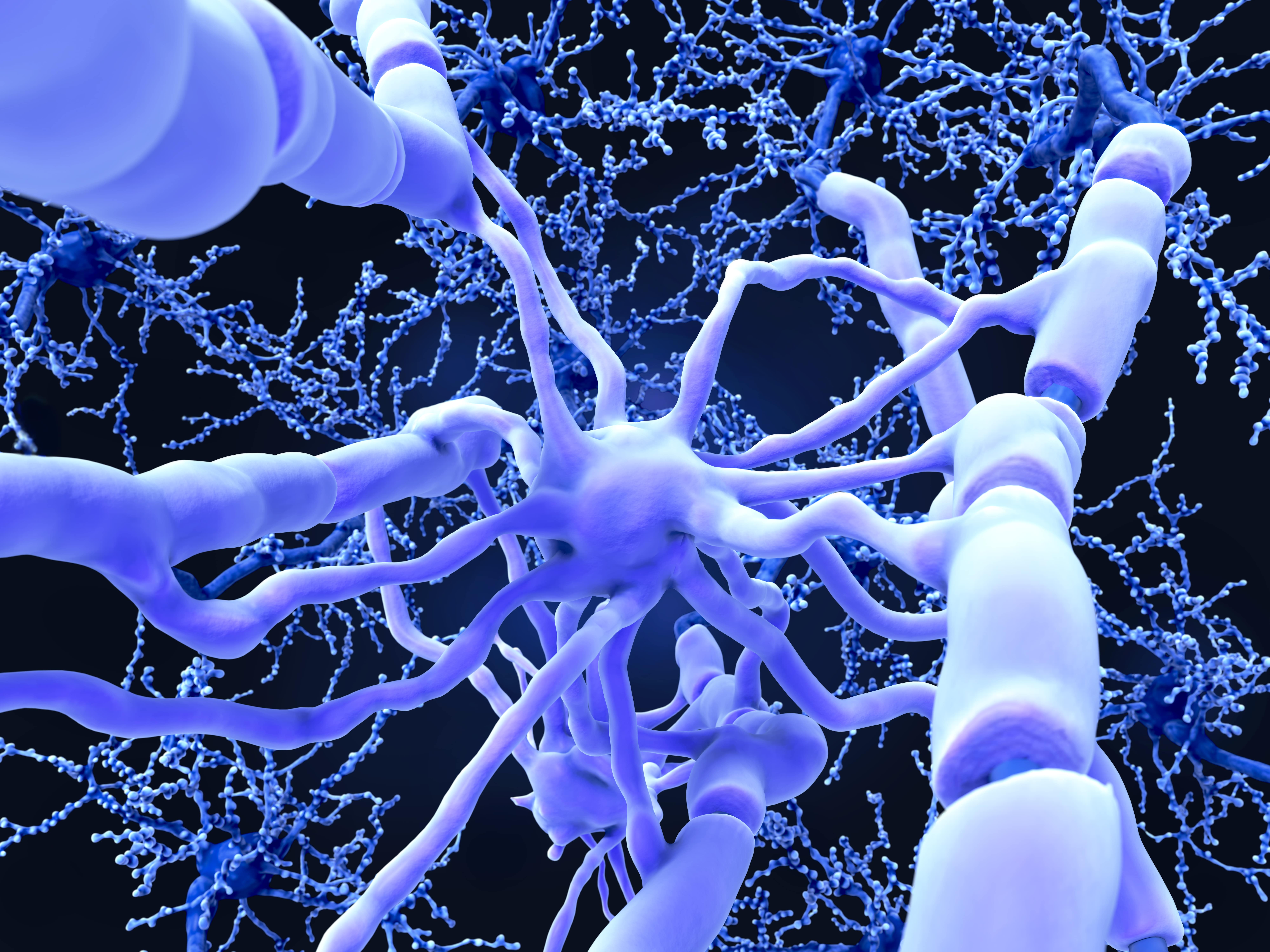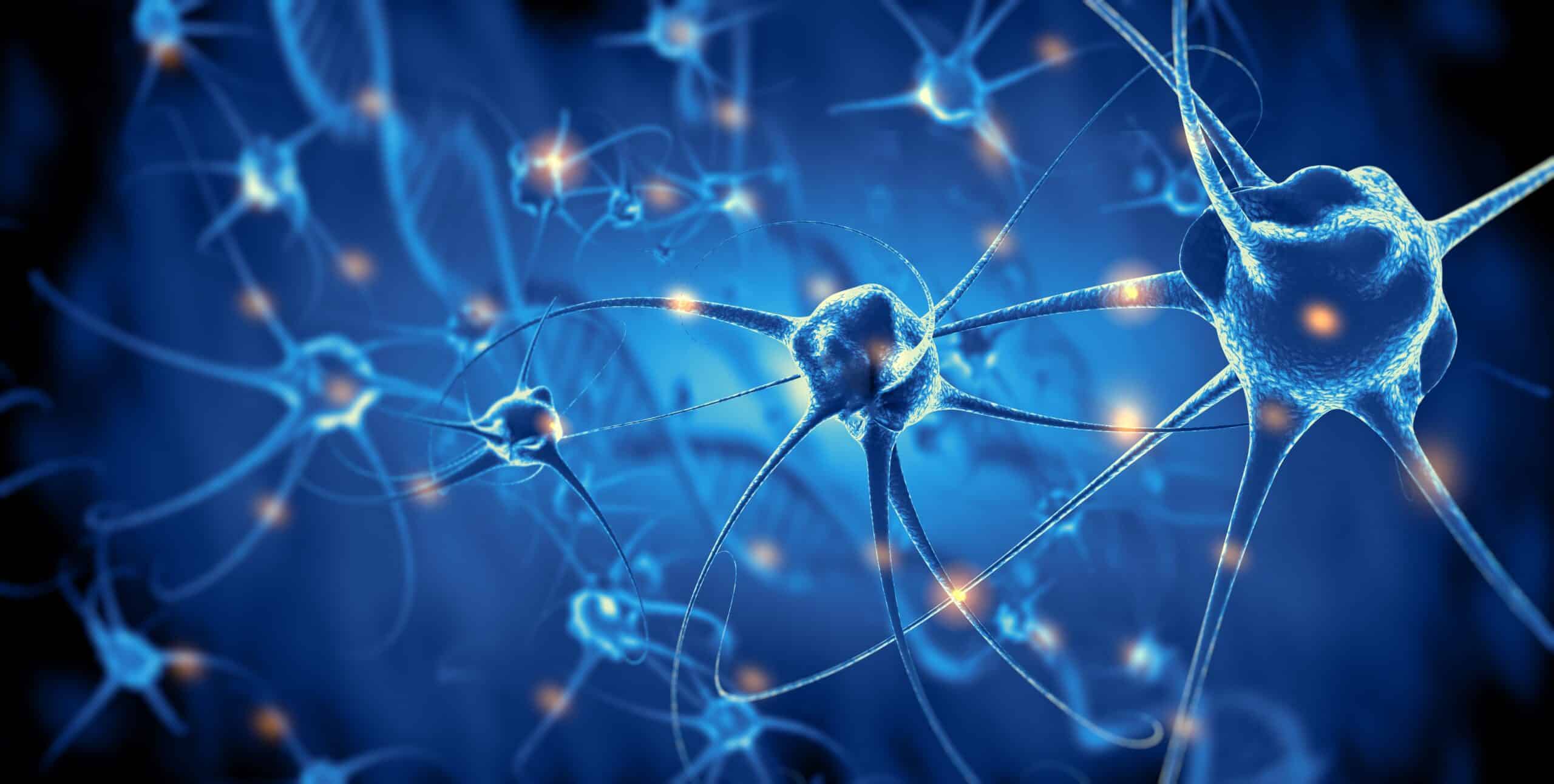Understanding Amyloid Formation in Huntington’s: A Breakthrough
QPS Neuro
Neurodegenerative disorders, such as Huntington’s disease, Alzheimer’s disease, and Parkinson’s disease, are characterized by the accumulation of protein deposits known as amyloids in the brain. Despite extensive research into the cause and toxicity of amyloids, little has been understood regarding the initial step in amyloid formation. But in a groundbreaking new study published in eLife, …
Estriol May Repair Damage from Multiple Sclerosis
QPS Neuro
As of 2020, over 2.8 million people worldwide live with multiple sclerosis (MS), a debilitating chronic autoimmune disorder of the brain and spinal cord. When a person has MS, the body attacks itself — more specifically, it attacks myelin, the fatty substance that protects the nerve fibers in the brain and spinal cord. While multiple …
Genetic Variant Protects Against Alzheimer’s Disease
QPS Neuro
Alzheimer’s disease is a devastating neurodegenerative disorder that affects millions of individuals worldwide. While research has made significant strides in understanding the underlying mechanisms of the disease, effective treatments remain elusive. However, a recent study published in Nature Medicine has uncovered a new genetic variant that appears to confer protection against Alzheimer’s disease. The study, …
Role of Mammillary Body Neurons in Alzheimer’s
QPS Neuro
Recent research conducted by MIT scientists may shed light on the involvement of lateral mammillary body neurons in the early stages of Alzheimer’s disease (AD). Researchers found that these neurons exhibit hyperactivity and are more susceptible to neurodegeneration, highlighting their potential role in the onset of cognitive decline. Using a mouse model, the team demonstrated …
How an Autism Gene Affects Fertility
QPS Neuro
A recent study by researchers at the University of California, Riverside, has identified the biological mechanism underlying premature ovarian failure (POF): a mutation in the Fragile X messenger ribonucleoprotein 1 (FMR1) gene. The FMR1 mutation is most commonly associated with Fragile X Syndrome, a leading genetic cause of intellectual impairment and autism spectrum disorder. But …





